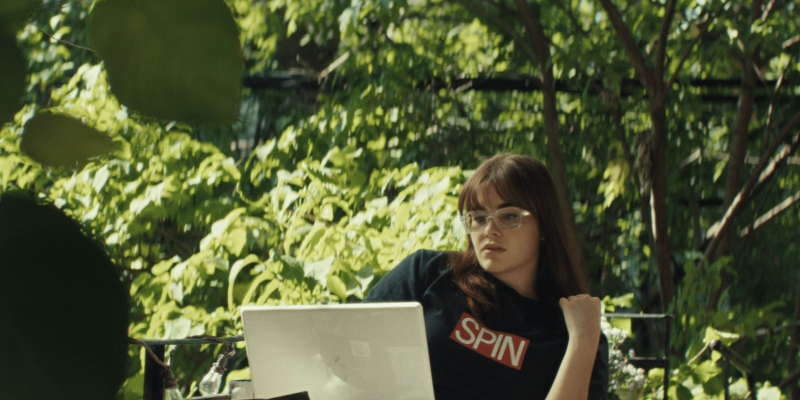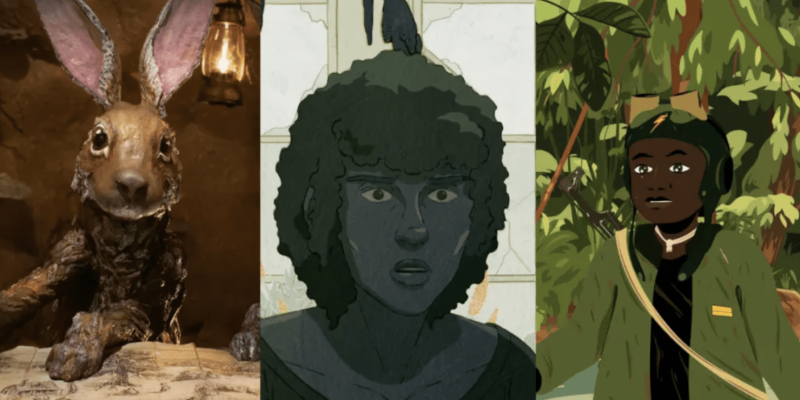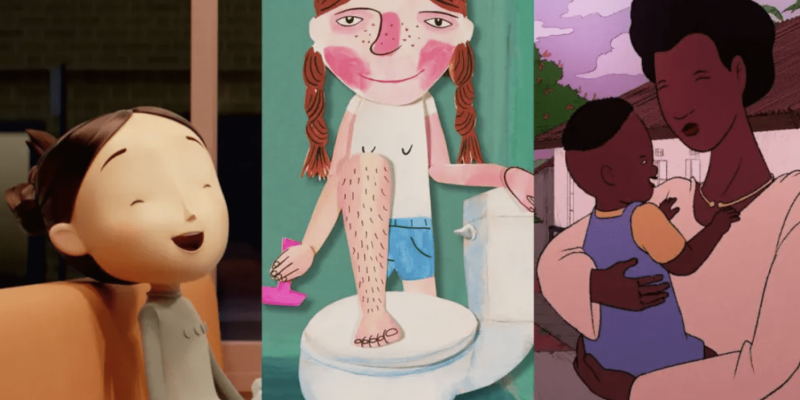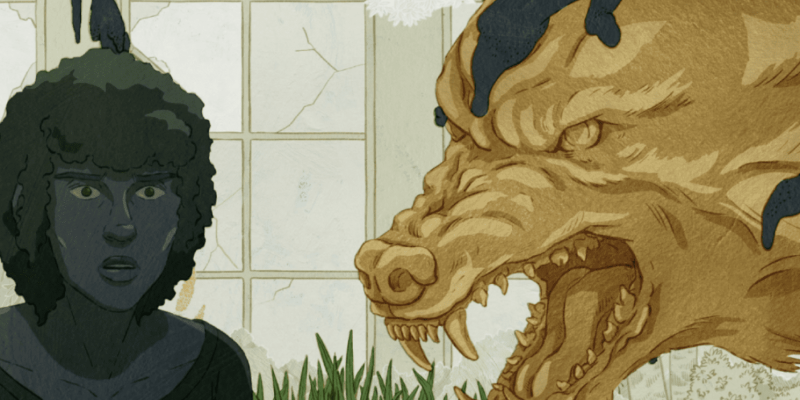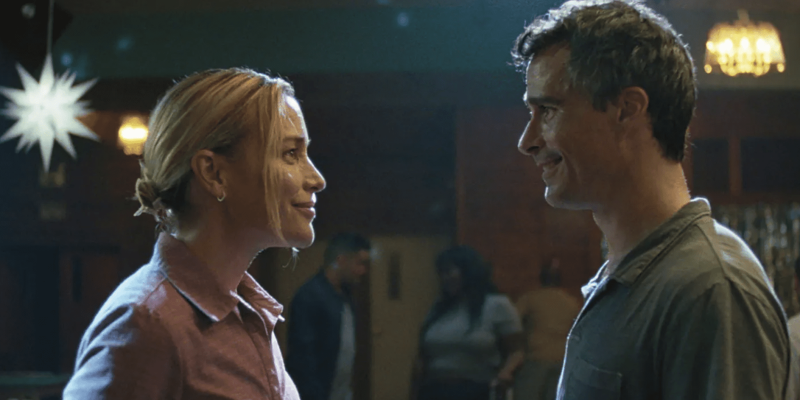June 21 is National Indigenous Peoples Day, so we reached out to three influential Indigenous filmmakers, to ask them all about film and Indigenous storytelling, cinematic inspiration, and more. Here are the first half of their super interesting answers. We’ll post part two later this month, as June is also National Indigenous History Month.
Sonia Bonspille-Boileau is an award-winning Mohawk filmmaker whose projects include her 2015 feature debut Le Dep (supported through Telefilm’s Micro-Budget Production Program), as well as her documentary about the 1990 Oka Crisis, The Oka Legacy. She’s currently working on a new film, Rustic Oracle.
Zoe Hopkins is a B.C.-born Heiltsuk/ Mohawk filmmaker whose feature Kayak to Klemtu just has its Canadian theatrical release May 25th. This debut follows shorts and docs including Mohawk Midnight Runners and the 360 project Impossible to Contain.
Danis Goulet is a Saskatchewan-born Cree/ Métis filmmaker (and TIFF Canadian features programmer) whose shorts include the award-winning Wakening and Barefoot. She’s currently working on a new feature, Night Raiders.
Storytelling is an important way of keeping culture alive.
Sonia Bonspille-Boileau
Sonia Bonspille-Boileau: “Storytelling is an important way of keeping culture alive. There has been oral storytelling in Indigenous cultures for centuries, so it’s in the very fabric of our identity. But I feel like film is the ultimate storytelling vehicle, it encompasses all forms of transmission (visual, oral) making it a pretty powerful way to share culture and express different points of view.”
“Beyond that, what is important right now is how we define Indigenous storytelling. Who is telling the story is just as important as its content. I think we are at a time and place where Indigenous storytellers are taking storytelling back. Cinema is an art form consumed by the masses, so if we can have a voice and get our stories out there with compelling, strong, powerful and entertaining films, we can really take back our image in the media and eventually reshape the relationship between Indigenous and non-Indigenous people.”
Zoe Hopkins: “Diversifying screen culture is important. Imagine a world where Indigenous people were part of pop culture on a grand scale. I am consistently surprised about how little people know about First Nations people, including questions like; What is residential school? And yet, that’s not the only thing to know, or to not know. Our culture and lives are diverse. There are thousands of Indigenous stories to tell. Yet few of these stories have reached the big screen. This is an important time to tell diverse stories, and Indigenous stories because society is impacted by feature film being historically homogenous.”
Imagine a world where Indigenous people were part of pop culture on a grand scale
Zoe Hopkins
“We’re at a time where women, people of colour, LGBTQ folk, and Indigenous peoples are voicing the need to swing the balance of power structures and how we are reflected on the screen. Society reflects these imbalances in violent and unjust ways. Representation matters. We have beautiful stories, beautiful ways of telling stories, and the big screen is a place for dreams to be told, for magic to happen, and for stories to come to life. We have stories that go back to our first memories as people in North America. We have long memories, and those memories have been passed down. What better way to honour those stories than to tell them in the newest ways? These stories resonate way beyond our own people. They are loved by all. I’m excited for the road to this same occurrence to open in Canada. We’re at the start of several new and exciting initiatives. It’s a wonderful time to be involved in Indigenous cinema.”
With more Indigenous feature films being funded than ever before, we are on the cusp of an incredible era in Indigenous cinema
Danis Goulet
Danis Goulet: “The author Thomas King said, ‘The truth about stories is, that’s all we are.’ I love that quote because it speaks to how essential storytelling is to our cultures — and there is nothing more exciting about bringing stories to the big screen. For those of us who grew up watching all kinds of movies but without seeing our own realities or cultures reflected in them, the opportunity to tell our stories on screen as feature films is huge. It has the potential to play a key role in the revitalization of our cultures and builds cultural legacy.”
“There is also a huge untapped opportunity for wider audiences to see Indigenous stories on screen as well. People want to see unique stories. Our stories are rich, distinct and vibrant with endless potential to engage and entertain. Over the years, I’ve witnessed audiences literally transformed by the experience of watching Indigenous cinema. But in the past, are stories and films haven’t been widely known or available. However, we find ourselves in an important moment. With more Indigenous feature films being funded than ever before, we are on the cusp of an incredible era in Indigenous cinema.”
Who in the industry is an inspiration to you?
Sonia Bonspille-Boileau: “Alanis Obomsawin, of course. THE trailblazer. There are so many women I look up to; Andrea Arnold, Rachel Morrison, Micheline Lanctôt, Manon Barbeau, Sarah Polley, Léa Pool, to name a few. Some people who truly inspire me daily: Lisa Jackson, for her creativity, her kindness, and wisdom. Taika Waititi for being able to bring his Indigeneity to Hollywood (fully embracing who he is) and making room for Indigenous people behind the camera as well. Xavier Dolan for being so fierce and fearless. And constantly coming up with film ideas and following through. How does he do it? And Karahkwenhawi Zoe Hopkins for being the example I look up to when it comes to balancing filmmaking, motherhood, and culture/ language teachings.”
Zoe Hopkins: “I’m inspired by my peers, many of whom are mothering young children while also being leaders in Indigenous cinema: Danis Goulet, Alethea Arnaquq-Baril, Tasha Hubbard, Laura Milliken, Shane Belcourt, Lisa Jackson, Michelle Latimer, Michelle St. John, Marie Clements, Elle-Máijá Tailfeathers, Helen Haig-Brown, and of course, trailblazer Alanis Obamsawin.”
Danis Goulet: “Former head of the TIFF Cinematheque and now director of the Indigenous Screen Office Jesse Wente. He is a tireless and astute advocate — as well as being a complete walking cinema encyclopedia. He continues to be on the forefront of the most important conversations shaping our screen culture and is a thought leader who essentially brings empathy and humanity to any discussion about how we move forward. I could not be more thrilled that he has taken up the post at the inaugural Indigenous Screen Office, which will be of incredible benefit not only to Indigenous filmmakers but also to the entire sector.”

